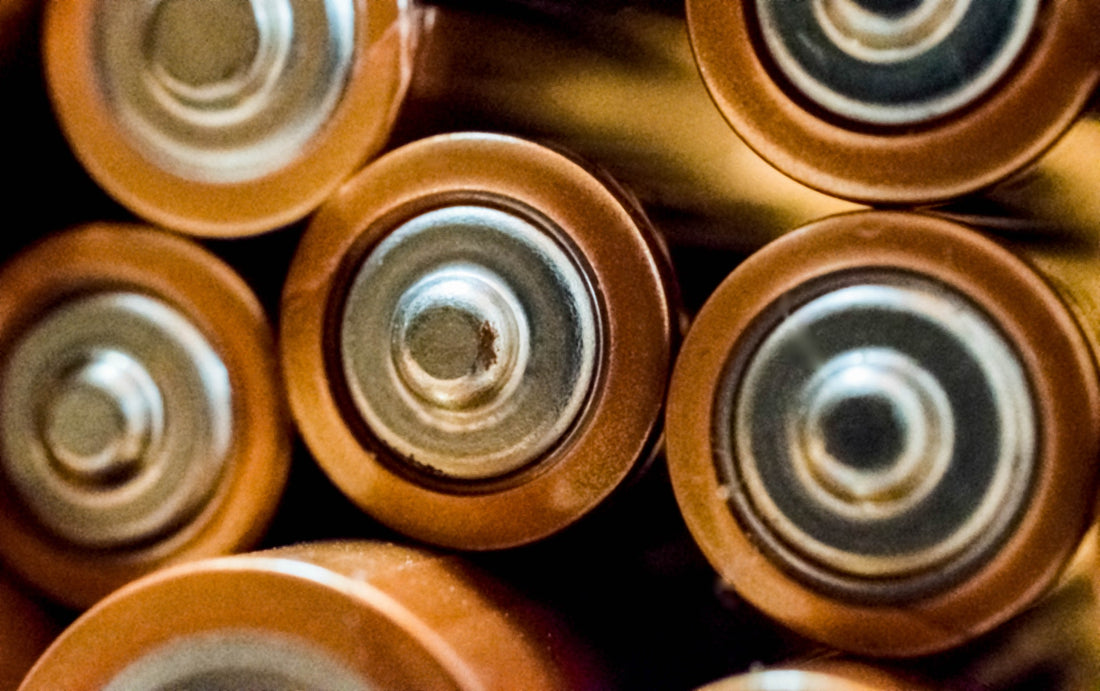Every once in a while we get asked this question, mainly by those new to DIY li-ion batteries. Our regular customers will have noticed that all of our product listings containing "untested" batteries have a brief explanation at the bottom of the listing info, but here we'll provide a more detailed explanation for those that would like more clarity on this question.
.
It's an important question because some have misunderstood this to mean that "untested" batteries are just "bad" batteries, and that JAG35 sells "bad" untested product (those meanies!). Obviously, customers that have been doing business with us for the last 10+ years will opine contrarywise. When some ask about us about it, though, I feel like what they're really asking is: "Why are they not tested?". OK, let's get into it.
.
Definition
When we say "untested" we literally mean that a battery is simply "not tested" at all for performance. "Untested" batteries are simply in unknown condition, hence sold as-is with no warranties. "Untested" batteries may be perfectly fine working batteries, or they may need some kind of small repair or adjustment (waking up the BMS, replacing BMS, adapting connectors, etc), or they may not work at all as packs (maybe due to a bad cell inside) and may only be good for harvesting (removing) the cells in order to make custom battery packs with the good cells.
When we say "untested" we literally mean that a battery is simply "not tested" at all for performance. "Untested" batteries are simply in unknown condition, hence sold as-is with no warranties. "Untested" batteries may be perfectly fine working batteries, or they may need some kind of small repair or adjustment (waking up the BMS, replacing BMS, adapting connectors, etc), or they may not work at all as packs (maybe due to a bad cell inside) and may only be good for harvesting (removing) the cells in order to make custom battery packs with the good cells.
.
Pricing
The price for "untested" batteries is usually highly discounted compared to a "working" battery. A few rare batteries in a batch may turn out to be water-damaged and actually completely useless, that's a risk you need to be willing to accept when buying highly discounted "untested" (unknown condition) batteries. When buying many "untested" batteries, it's usually worth the risk because of the low price paid overall (for example, if 9 out of 10 untested batteries end up working) and the high probability of getting mostly good batteries.
The price for "untested" batteries is usually highly discounted compared to a "working" battery. A few rare batteries in a batch may turn out to be water-damaged and actually completely useless, that's a risk you need to be willing to accept when buying highly discounted "untested" (unknown condition) batteries. When buying many "untested" batteries, it's usually worth the risk because of the low price paid overall (for example, if 9 out of 10 untested batteries end up working) and the high probability of getting mostly good batteries.
A word of caution if you only plan to buy one "untested" battery, you might reconsider and just buy a "working" battery instead, because even though the probability of getting a bad battery is quite low, if you're the unlucky person that gets stuck with that one rare "bad" battery in a batch, then you'll be out of luck. If you just need 1 battery, choose a "tested" or "working" battery. You'll be happy you did.
When are "untested" batteries the better choice?
Many of our customers are advanced DIY-ers and buy "untested" batteries to break them open and make custom batteries with the good cells they pull out. So we only recommend "untested" batteries for new DIY-ers when they buy them for the specific purpose of using them to learn hands-on what it takes to crack open batteries and safely play with and/or modify the wires, cells, BMS, etc. Otherwise, we don't recommend "untested" batteries for new battery DIY-ers, or direct battery replacements (except for the G30 batteries, aka R12), or for plug-and-play use.
.
Can't you just test all the batteries all the time?
No. We simply can't test all the batteries we sell since we are a small team and can't spend too much time on small product batches, it's just not worth it for us. The ones we can't test we clearly label as "untested". Most of the "untested" batteries turn out to work just fine and may only need to be charged and have the BMS awakened, so "untested" batteries can still be a great value when buying multiple batteries, such as with the 1kWh 5x 20-cell packs and the 4400mAh 4-cell modem packs, to name just a few. Speaking of discounted batteries, we have a lot of batteries on clearance right now since we need the warehouse space, so make sure to check them out while supplies last.
.
Hope this helps clarify terms a bit. Keep on building!

